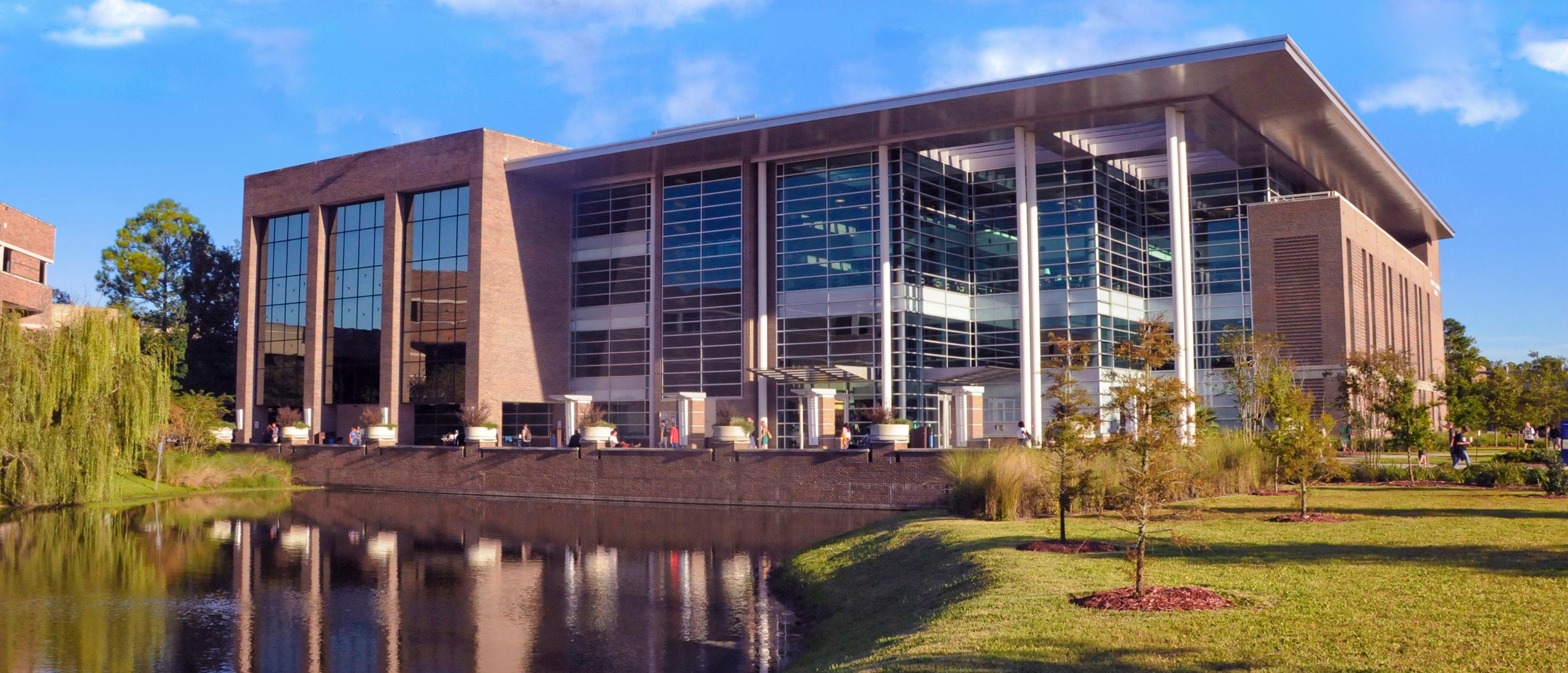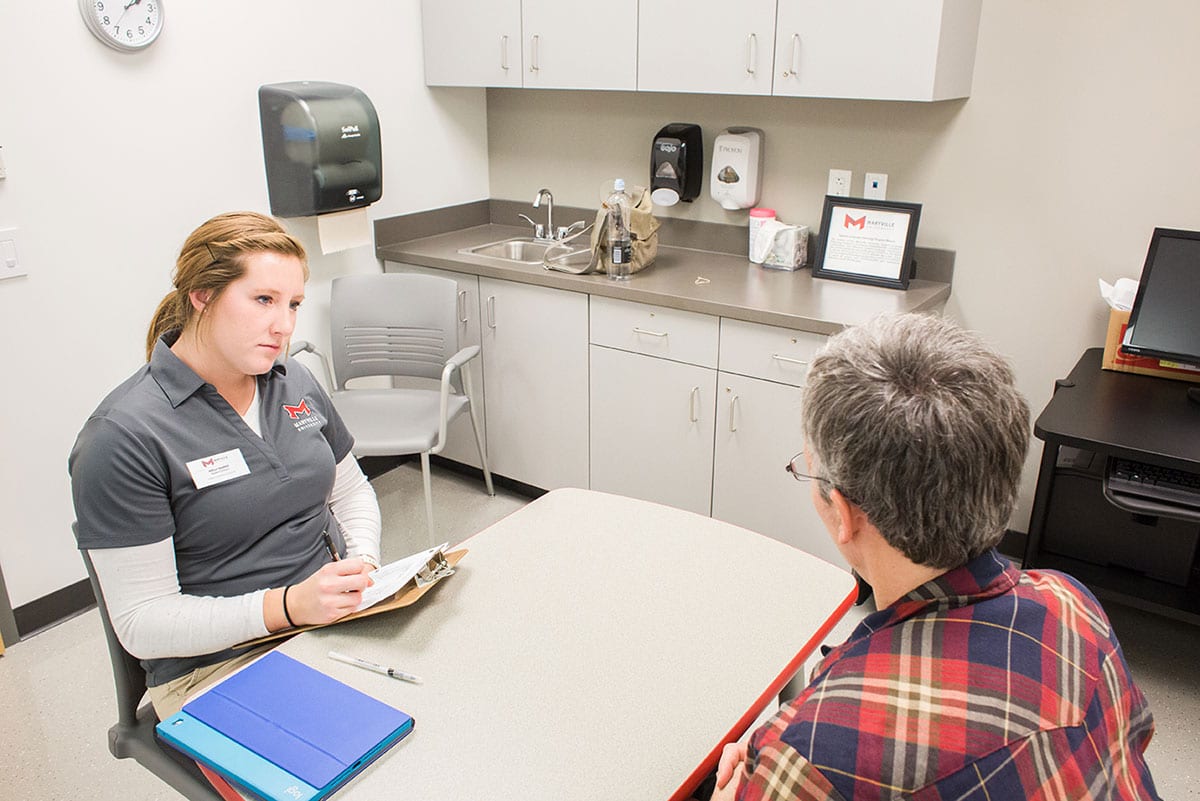

This includes how our hearing and speech systems work, problems they may present, and how they can be treated. SLHS is focused on the bodily functions that allow us to hear and speak. Simply put, speech, language, and hearing science (SLHS) is all about communication, both receptive and expressive. What is Speech, Language, and Hearing Science? Is a Degree in Speech, Language, and Hearing Sciences Right for Me?.What is the Job Market for a Degree in Speech, Language, and Hearing Science?.How Much Can I Earn with a Degree in Speech, Language, and Hearing Sciences?.What Jobs Can I Get with a Degree in Speech, Language, and Hearing Sciences?.Can I Earn a Degree in Speech, Language, and Hearing Sciences Online?.

What Can I do with a Bachelor’s in Speech, Language, and Hearing Sciences?.What Classes Will I take for a Speech, Language, and Hearing Sciences Degree?.What is a Speech, Language, and Hearing Sciences Degree?.What Types of Speech, Language, and Hearing Sciences are There?.What is Speech, Language, and Hearing Sciences?.To understand the speech, language, and hearing field, education requirements, credentials, and profession, read on. These professionals enjoy strong salaries and a great job market, and the personal rewards of working in a helping profession. Speech, Language, and Hearing professionals like audiologists and speech therapists can help those suffering from problems including hearing loss, speech fluency, language processing, as well as conditions associated with the speaking and hearing mechanisms, such as poor balance or difficulty swallowing.Ī career as an audiologist or speech pathologist starts with a foundational undergraduate degree in Communication Sciences and Disorders or Speech, Language, and Hearing Sciences, followed by a graduate degree, licensure, and optional national credentials. That’s why communication disorders are so serious, and why the services of a Speech, Language, and Hearing professionals are so important. And while some of us may need to use devises and mediums like hearing aids, sign language, or assistive devices to communicate, hearing and being heard is fundamental. And hearing the ideas, feelings, and needs of others is equally essential to life. From our first babbles to our final words, the language we speak to one another shares our ideas, feelings, and needs, allowing us to grow and thrive. No single act does more to connect us to one another, and even to make us human, than communication.


 0 kommentar(er)
0 kommentar(er)
